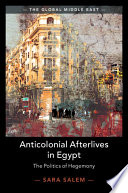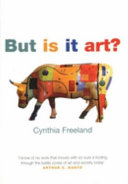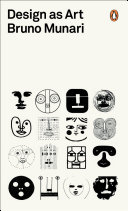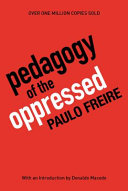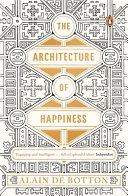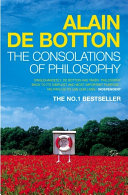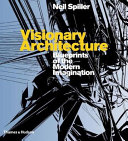Carnival And Cannibal
Ventriloquous Evil
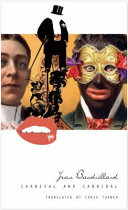
Overview
In Carnival and Cannibal, distinguished French philosopher Jean Baudrillard (1929-2007) reflects on many of his most significant ideas concerning the significance of language and the relationship between the technological and the social. In this, one of his final works, Baudrillard identifies two fatal modes in which the world is currently engaged: the carnival and the cannibal, arguing essentially that contemporary society is transfixed by the spectacle of its own cultural creation and self-consumption. Revisiting his most important concepts--such as reversibility, simulation, parody, and symbolic exchange--through the exploration of these two dominant modes, Baudrillard delivers a blistering diagnosis of globalization, as inflicted on the world by the richer nations. In the companion essay, "Ventriloquous Evil," Baudrillard meditates on our present system of global technological and ideological domination which has eradicated human accountability. Baudrillard argues that "this entire electronic, cybernetic revolution is perhaps merely a piece of animal cunning that humanity has found in order to escape itself." A brilliant synthesis of some of Baudrillard's most remarkable and influential ideas, Carnival and Cannibal is a timely and formidable exploration of a humanity that has cannibalized the human.








